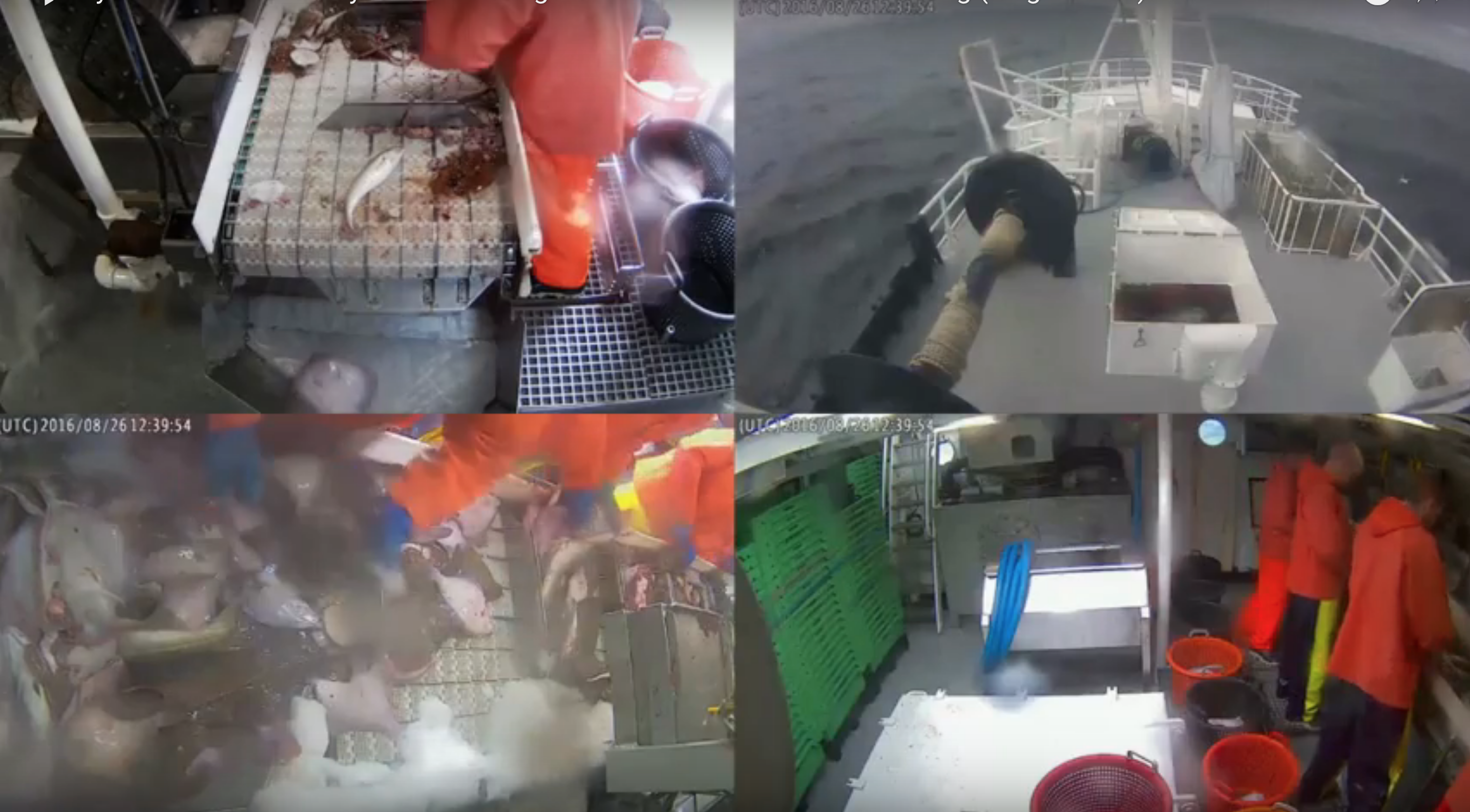Pêches entièrement documentées et surveillance électronique à distance
If we do not measure it, we cannot manage it. And if we do not monitor and enforce the law, then the law may as well not exist. Counting and fully documenting what fish we catch is paramount to making sure our management is spot on, because if the numbers are wrong to begin with, all our efforts to restore and sustain our fisheries will be for naught.
The use of Remote Electronic Monitoring systems (REM) has been assessed by experts as the most reliable and, cost-effective at-sea monitoring system available for supporting the implementation of the landing obligation, and delivering the promised environmental benefits. It motivates fishers to avoid unwanted catches in the first place, delivers much-needed transparency, and can improve scientific data.
Our Fish recommends that REM, including Closed-Circuit Television (CCTV recording cameras) and sensors to detect any net activity of the fishing nets, should be mandatory on all vessels in fleet segments assessed by experts (EFCA) as having medium – very high risk of non-compliance with the Landing Obligation.
Our Fish also recommends mandatory installation of small, energy and cost-efficient tracking systems, such as mobile devices, on board all vessels assessed as low risk of non-compliance with the LO (by EFCA).
Such a system would make sure everyone plays by the rules, ensure a level playing field across fishing sectors and EU countries, and deliver transparency and sustainability.
Watch this short film on electronic monitoring »
Further reading:
- Scheveningen Control Experts Group Report on Control and Monitoring of the Demersal Landing Obligation: Risk Assessment and Risk Treatment
- Final Report on Development and usage of REM systems along with electronic data transfer as a measure to monitor compliance with the Landing Obligation
- WWF: Remote Electronic Monitoring: Why camera technology is a cost-effective and robust
solution to improving UK fisheries management

